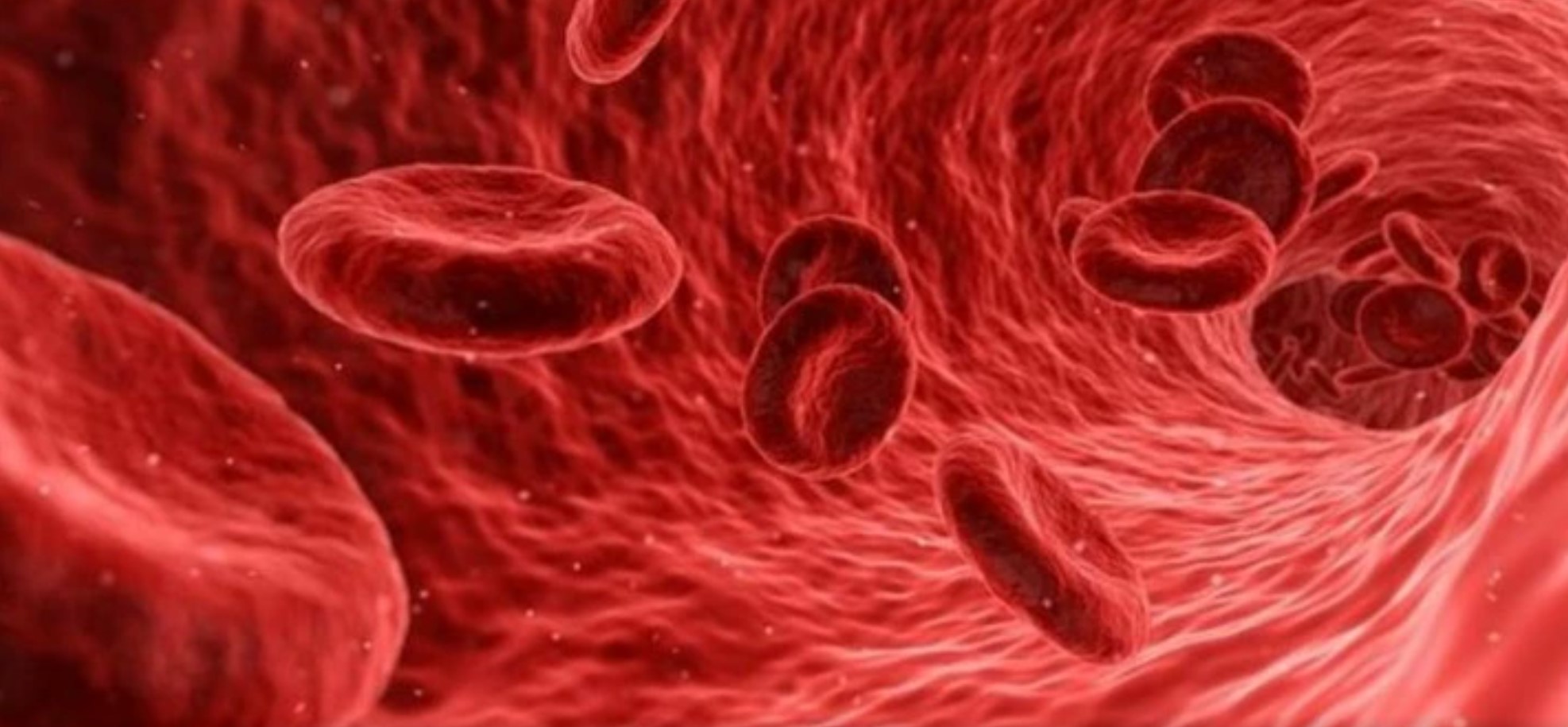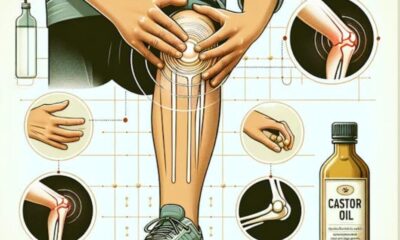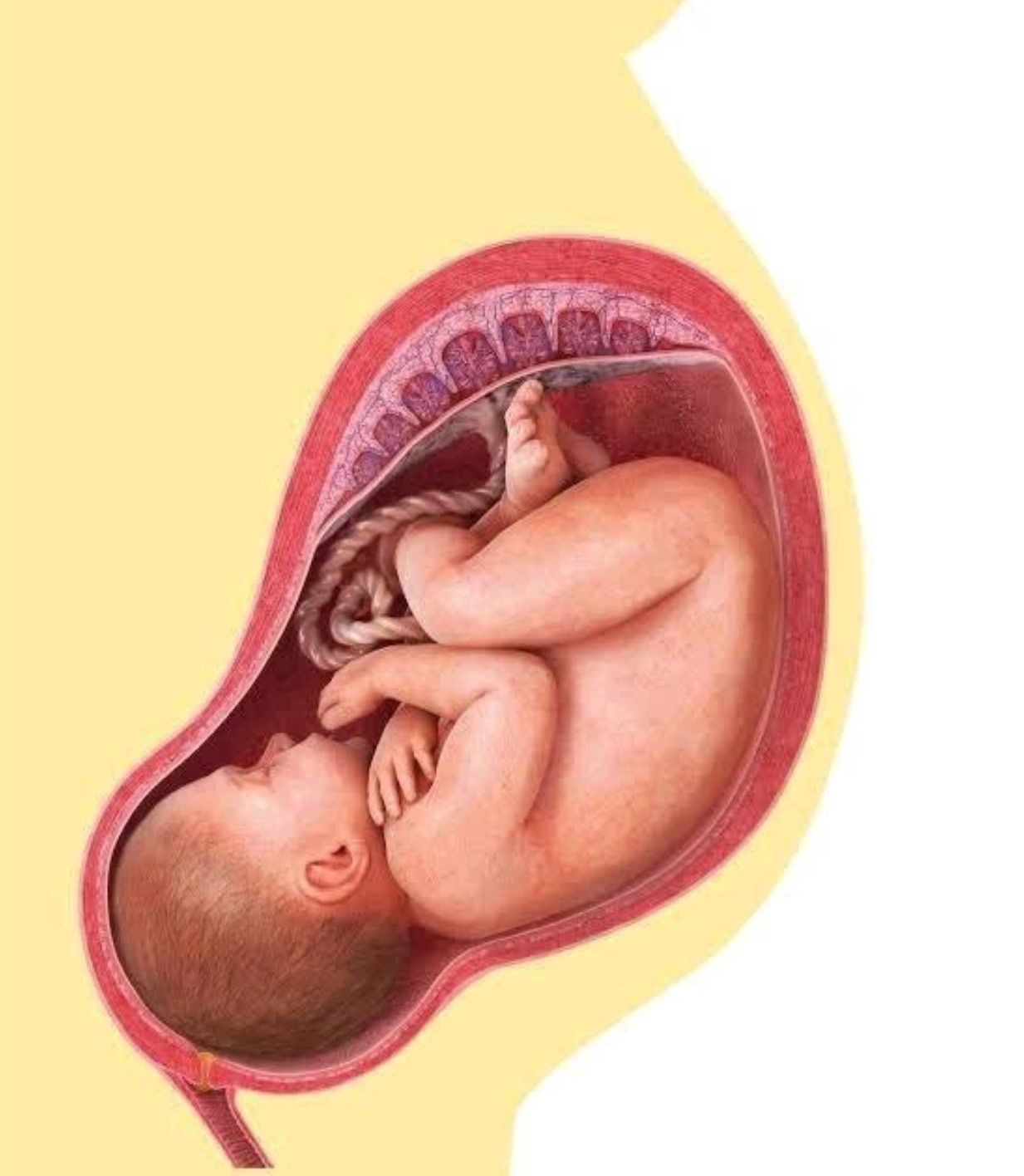You’re in love and ready to tie the knot. But before you race to the altar, there’s an important compatibility factor you should check, your blood types and genotypes. It may seem unromantic, but science shows these biological traits can have real implications if you want to start a family. So before you get swept up in wedding planning, read on to learn the basics about blood group and genotype compatibility and why it matters for your future offspring…Click Here To Continue Reading>> …Click Here To Continue Reading>>
Introduction to Genotype and Blood Group
Your genotype refers to your genetic makeup, specifically the alleles you inherit from your parents that determine your blood group. The most common blood groups are A, B, AB and O. If you inherit an A and B allele, your blood group will be AB. Inherit A from both parents and you’re A. Same for B. Get one A and one O, you end up group A. Two O’s, you’re O.
Blood group compatibility is crucial for safe blood transfusions and organ transplants. It also matters for couples planning to have kids. If a woman with blood group A marries a man with B, their kids could inherit either A, B or AB blood. But if both parents have O, their kids will always have O too. Knowing your genotype and blood group helps ensure medical procedures go smoothly and helps in family planning.
What is Genotype?
Genotype refers to the genetic makeup of an individual. It is determined by the alleles you inherit from your parents. These alleles are located on your DNA and control traits like blood type, eye color, and risk of certain diseases.
Your genotype remains the same throughout your life, unlike your phenotype which can be influenced by environmental factors. Knowing your genotype, especially for certain diseases, can help you take preventative measures to reduce health risks. Blood type is also determined genetically by the alleles you inherit, which is why blood type compatibility is so important for marriage and reproduction.
Types of Genotype
Hemoglobin AA
This is the most common genotype found in the population. Individuals with this genotype have normal hemoglobin, and normal red blood cells. They are not at risk of sickle cell disease or other blood disorders.
Hemoglobin AS (Sickle Cell Trait)
Individuals with hemoglobin AS have one normal hemoglobin A gene and one sickle hemoglobin S gene. They typically do not have symptoms of sickle cell disease but can pass the sickle cell gene to their children.
Hemoglobin SS (Sickle Cell Disease)
Individuals with hemoglobin SS have two sickle hemoglobin S genes. They have sickle cell disease, with symptoms like anemia, pain, organ damage, and other complications.
Hemoglobin SC
Individuals with hemoglobin SC have one hemoglobin S gene and one hemoglobin C gene. Like hemoglobin SS, they can have symptoms of sickle cell disease such as anemia, pain episodes, and organ damage.
Hemoglobin CC
Rare genotype where individuals have two hemoglobin C genes. They may have mild anemia but typically do not have symptoms of sickle cell disease. However, their children are at risk of inheriting hemoglobin SC or hemoglobin SS.
What is Blood Group?
Your blood group refers to the specific combination of blood type antigens on the surface of your red blood cells. The two most important blood group systems are ABO and Rh factor. The ABO blood group system classifies blood into four groups: A, B, AB and O. The Rh factor system classifies blood as either Rh positive or Rh negative. Knowing both your ABO and Rh blood group is important for blood transfusions and pregnancy.
Types of blood Group
These are the main blood groups: A, B, AB, and O, each of which can be either RhD positive or RhD negative. So the blood group classification then multiplies the four main blood groups into eight:
A+
A+ blood is the second most common blood type. A+ blood can be given to A+ and AB+ blood types.
A-
A- blood type can be given to A-, A+, AB- and AB+ blood types.
B+
B+ blood can be given to B+ and AB+ blood types.
B-
B- blood can be given to B-, B+, AB- and AB+ blood types.
O+
O+ blood is the most common blood type. O+ blood can be given to all positive blood types.
O-
O- blood is the universal donor and can be given to all blood types.
AB+
AB+ blood is the universal receiver and can accept red blood cells from all blood types.
AB-
AB- blood can accept red blood cells from all RhD negative blood types
What’s the Difference between Genotype and Blood Group?
Genotype refers to a person’s genetic makeup. It specifies the genes inherited from your parents that determine specific traits like eye color, height, and risk of disease. Your blood group, on the other hand, is just one small part of your genotype.
Blood group refers specifically to the different antigens present in your blood. The antigens are proteins on the surface of red blood cells that can trigger an immune system response in certain people. The two most well-known blood group systems are the ABO system (A, B, AB, O) and the Rh system (positive or negative). Together, a person’s blood group and Rh factor make up their blood type.
So in short, your genotype encompasses your entire genetic profile, while your blood group is determined by just a small set of genes that code for the antigens in your blood cells. Your blood type is simply a way of categorizing one part of your genotype. Both play an important role in blood transfusions, organ transplants, and susceptibility to certain diseases. Knowing the difference between these terms can help in understanding genetic testing and blood type compatibility.
Understanding Blood group and Genotype Compatibility For Marriage
Before considering marriage, it is important to determine your blood group and genotype compatibility with your partner. This helps avoid potential health issues in offspring. The most common blood group systems are ABO and Rh factor. Rh factor refers to the presence or absence of a specific antigen in the blood. Having different ABO or Rh blood types is usually not an issue, except if a woman with Rh negative blood is pregnant with a Rh positive baby.
What Genotypes are Compatible?
Genotype compatibility for marriage depends on your blood groups and Rh factor. All blood groups are compatible for marriages; the only concern is the Rhesus factor antigens which may be a hindrance during blood transfusion and donation and also affects the woman if she is negative and carries a Rh positive baby during pregnancy.
The AA genotype is the most compatible and can marry anyone. AA and SS people can only have AS children, thus there is no danger. The AS genotype is only compatible with AA. If AS and AS marry, they have a high chance of producing sickle-celled children. To put it another way, when AS and AS are combined, the offspring have a one in four risk of developing sickle cell disease (AS, AS, AA, and SS). The same logic applies to AC and AC pairings, as well as AC and AS combinations.
Similarly, union between AS and SS or AC and SS is equally dangerous and ill-advised, also pairing two sickle-celled individuals virtually surely results in sickle-celled children. The same is true when AC is combined. AC and AS combination will result in AA, AS, AC, and SC, with sickle cell disease being SC.
Compatibility also depends on other genetic factors, so genetic counseling is always recommended before marriage to determine the exact level of genotype compatibility and risks to offspring. READ FULL STORY HERE>>>CLICK HERE TO CONTINUE READING>>>
Genotype Chart for Marriage
When getting married or having children, knowing your genotype compatibility with your partner is important.
| PARENT GENOTYPE |
OFFSPRINGS |
COMPATIBILITY |
| AA + AA |
AA, AA, AA, AA |
Compatible (Excellent) |
| AA + AS |
AA, AS, AA, AS |
Compatible (Good) |
| AA + SS |
AS, AS, AS, AS |
Compatible (Fair) |
| AA + SC |
AS, AC, AS, AC |
Compatible (Fair) |
| AA + AC |
AA, AA, AA, AC |
Compatible (Good) |
| AS + AS |
AA, AS, AS, SS |
Incompatible (very bad) |
| AA + CC |
AC, AC, AC, AC |
Compatible (Good) |
| AS + SS |
AS, SS, SS, SS |
Incompatible (very bad) |
| AS + AC |
AA, AC, AS, SC/SS |
Incompatible (very bad) |
| AS + SC |
AS, AC, SS, SC |
Incompatible (very bad) |
| SS + SS |
SS, SS, SS, SS, |
Incompatible (very bad) |
| SS + SC |
SS, SC, SS, SC |
Incompatible (very bad) |
| AC + SS |
AS, AS, SS, SS |
Incompatible (very bad) |
| SS + AC |
AS, SC, AS, SC |
Incompatible (very bad) |
| AC + AC |
AA, AC, AC, SS/CC |
Incompatible (very bad) |
| SS + CC |
SC, SC, SC, SC |
Incompatible (very bad) |
| SC + AC |
AS, SC, AC, CC |
Incompatible (very bad) |
| AC + CC |
AC, AC, CC, CC |
Incompatible (very bad) |
| SC + SC |
SS, SC, SC, CC |
Incompatible (very bad) |
Before marriage, consider getting a simple blood test to determine your genotypes. This knowledge allows you to make informed decisions and prepares you for potential health issues in your future children. While love may be blind, health risks are not, so think with both your heart and your head.
Blood Group Compatibility for Marriage
To ensure a healthy marriage and offspring, blood group compatibility is key. The ABO blood group system classifies human blood into A, B, AB, and O types based on the presence or absence of A and B antigens. For the best chance of compatibility and avoiding complications in pregnancy, partners with the same or compatible blood groups should marry.
Those with blood group A should marry others with A or AB blood groups. Similarly, people with B blood group should marry those with B or AB blood groups. AB, the universal recipient, is compatible with all other blood groups. Blood group O, the universal donor, should marry O or AB. In case of incompatibility like A and B, or A and O, the risk of maternal-fetal incompatibility increases, which can be dangerous for both mother and baby.
Considering blood group compatibility along with other factors before marriage helps minimize future health issues and ensures a healthy family life. Knowledge about blood groups and their marriage compatibility will assist you in making an informed choice of life partner.
What Two Blood Types Are Not Compatible For Pregnancy?
When a mother-to-be and father-to-be are not both positive or negative for Rh factor, it’s called Rh incompatibility.
If you and your partner have Rh incompatibility, it means your Rh factors do not match. The most common incompatibility is Rh negative (-) mother and Rh positive (+) father. This can be dangerous for the fetus since the mother’s immune system may attack the fetus’s red blood cells. The mother’s Rh negative blood sees the Rh positive blood as foreign, and her body may produce antibodies against the Rh positive blood. These antibodies can cross the placenta and start destroying the fetal red blood cells. This is known as Rh disease or hemolytic disease of the newborn.
To prevent this, most Rh negative mothers are given Rh immunoglobulin (RhIg) injections. This helps prevent the mother from producing Rh antibodies during pregnancy that could endanger a Rh positive fetus. If left untreated, Rh incompatibility could lead to anemia, heart failure, brain damage, or even stillbirth of the fetus. After birth, blood from the umbilical cord is tested to determine the baby’s Rh factor. If the baby is Rh positive, the mother will be given another injection of RhIg to prevent problems in future pregnancies.
Why Blood Type and Genotype Compatibility Matters for Marriage
Blood type and genotype compatibility is crucial when choosing a life partner. Here are few reasons why:
Health of Offspring
Incompatible blood types and genotypes between partners can lead to pregnancy complications or health issues in children. The right match helps ensure the best chance of producing healthy offspring.
Reduced Risk of Miscarriage
Partners with compatible blood types and genotypes have a lower chance of experiencing a miscarriage during pregnancy. The body is less likely to reject a fetus when the blood types match.
Better Fertility
Proper matching of blood types and genotypes improves fertility and the chances of conceiving. This is because the body accepts the partner’s sperm or egg more readily.
Longer Life Expectancy
Research shows that couples with compatible blood types and genotypes tend to live longer. Their children also inherit a tendency toward longevity.
Greater Relationship Satisfaction
Matching blood types and genotypes is linked to higher relationship satisfaction and happiness. Partners feel more biologically and emotionally compatible.
Stronger Immune Systems in Children
Children born to well-matched parents inherit strong, balanced immune systems. Their bodies are better able to fight disease and stay healthy.
Sense of Completeness
Finding a blood type and genotype match in a partner gives a sense of biological and spiritual completeness. Partners feel they were destined to be together.
Testing and Determining Blood Type and Genotype Compatibility
To determine if your genotype and blood type are compatible for marriage, you’ll need to get tested. Blood type testing is done through a simple blood test to determine your specific ABO blood type. Genotype testing requires a more comprehensive DNA test to identify your genetic traits and markers.
Once you have your results, compare them to your partner’s to check for compatibility. Discussing the results with a genetic counselor can help determine the likelihood of any health issues with offspring and assess overall compatibility for a healthy relationship and family planning. They can explain the details of your results and provide guidance on any precautions to keep in mind.
With some basic testing and understanding, you can gain useful insights into biological compatibility before marriage.
Potential Risks of Incompatible Blood Types and Genotypes
These are some of the risks of incompatible blood types and genotypes:
Miscarriage
Pregnant women with incompatible Rh factors or certain genotypes like AS and SS can experience miscarriage or stillbirth, as the mother’s immune system may attack the fetus.
Hemolytic Disease of the Newborn
If a baby’s blood type or genotype is incompatible with the mother’s, the baby can develop hemolytic disease which causes their red blood cells to break down. This is known as erythroblastosis fetalis and can be life-threatening if not properly managed.
Slow Growth
Incompatible genotypes like AS and SS can sometimes lead to slow growth and development in babies and children. Additional medical care and nutrition may be needed.
Organ Damage
Over time, incompatible genotypes may cause damage to major organs like the spleen, liver or kidneys. Regular medical checkups are important to monitor health and watch for any signs of organ stress or failure.
Infections
Those with certain genotypes like AS and SS tend to be more prone to infections as their immune systems can be compromised. Preventative measures like vaccines, hygiene and limiting exposure to illnesses when possible are recommended.
Conclusion
While blood group and genotype compatibility isn’t the be-all and end-all for a successful marriage, it’s certainly an important factor when considering your future spouse. Educate yourself on potential risks, seek guidance from medical professionals when needed, and remember that prevention is better.


 METRO9 months ago
METRO9 months ago
 IN-THE-NEWS9 months ago
IN-THE-NEWS9 months ago
 HEALTH & LIFESTYLE3 months ago
HEALTH & LIFESTYLE3 months ago
 METRO8 months ago
METRO8 months ago
 HEALTH & LIFESTYLE9 months ago
HEALTH & LIFESTYLE9 months ago
 METRO9 months ago
METRO9 months ago
 HEALTH & LIFESTYLE3 months ago
HEALTH & LIFESTYLE3 months ago
 METRO8 months ago
METRO8 months ago


